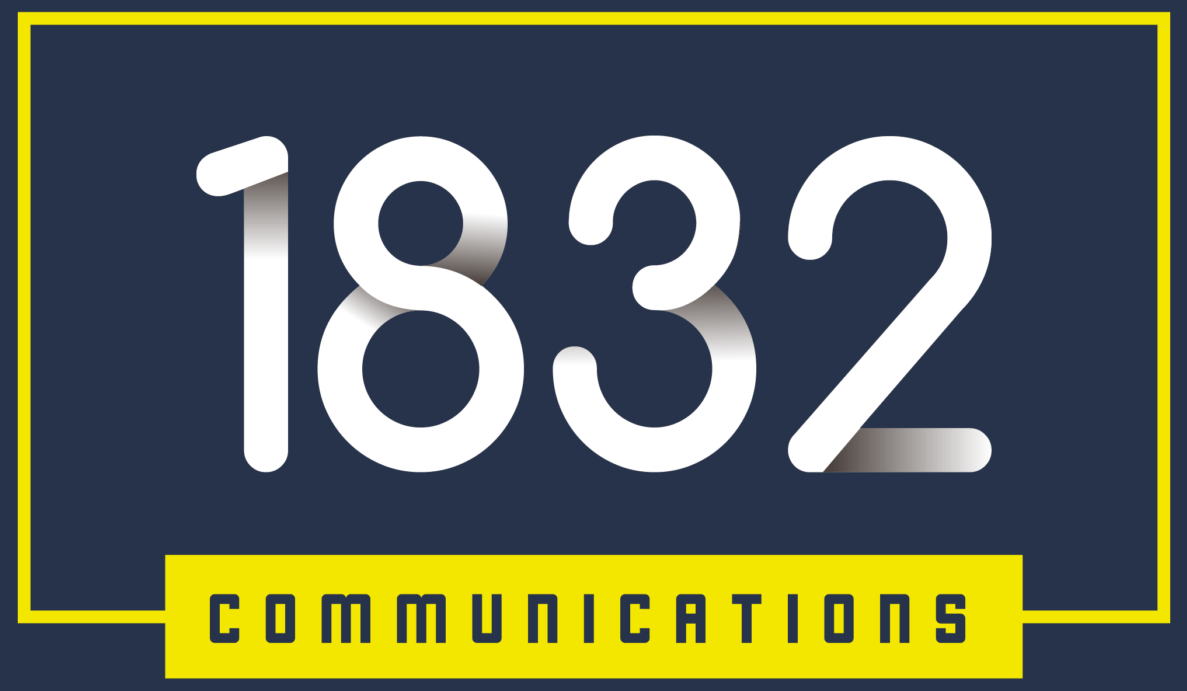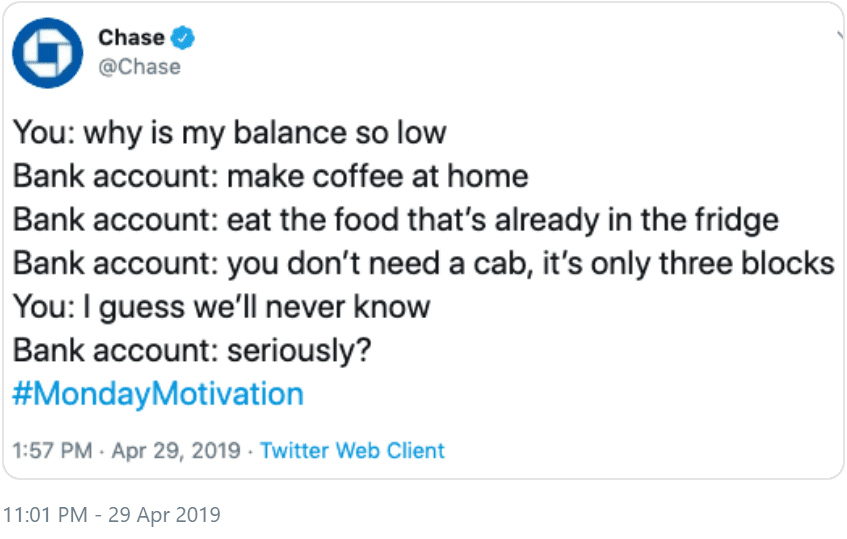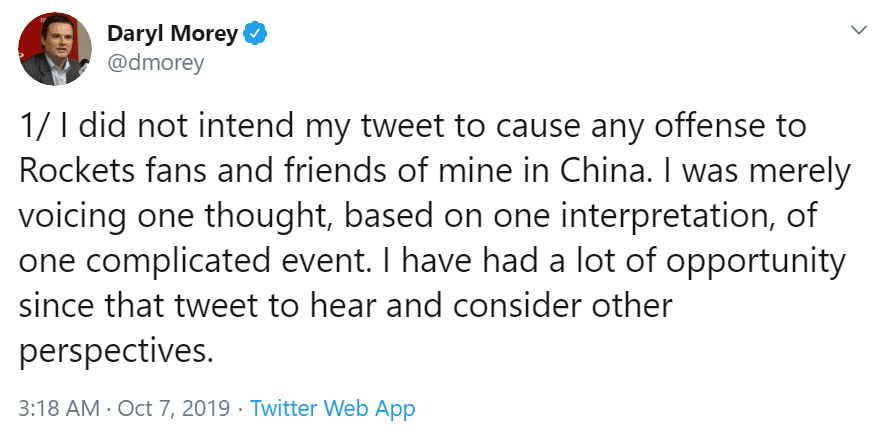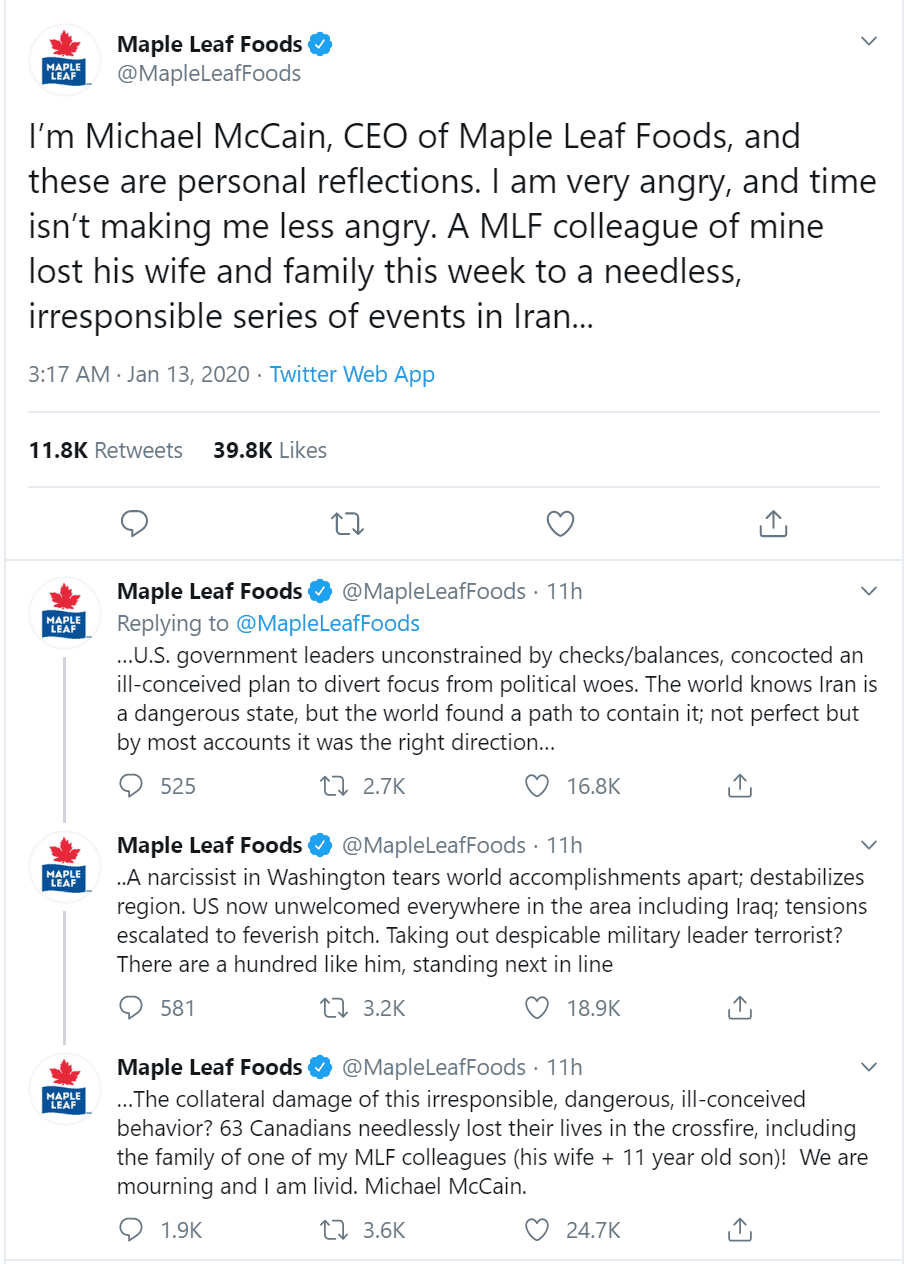I spent most of last week in Twitter jail. The reason? Sarcasm and a robot’s inability to detect it.
But after 3 long, tweetless days, I was let out. Well, not exactly.
Appeal Denied
I had appealed Twitter’s decision to flag my tweet and was willing to wait out the process. No way to know how long it would take their robots to review my appeal. Or as my friend Tzvi said: “One robot has to correct the mistake of another robot.”
Didn’t happen. The appeal was denied.
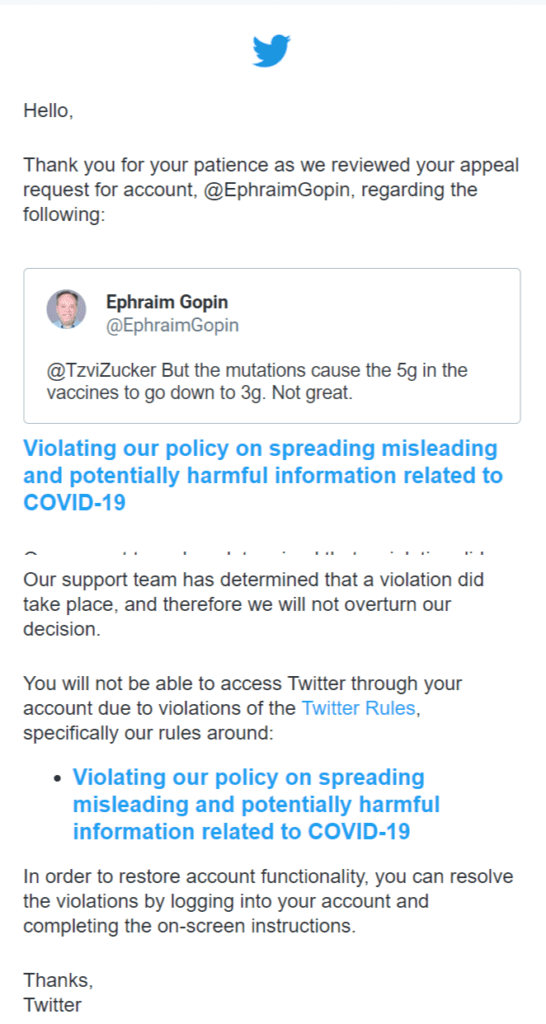
Which left me with this:
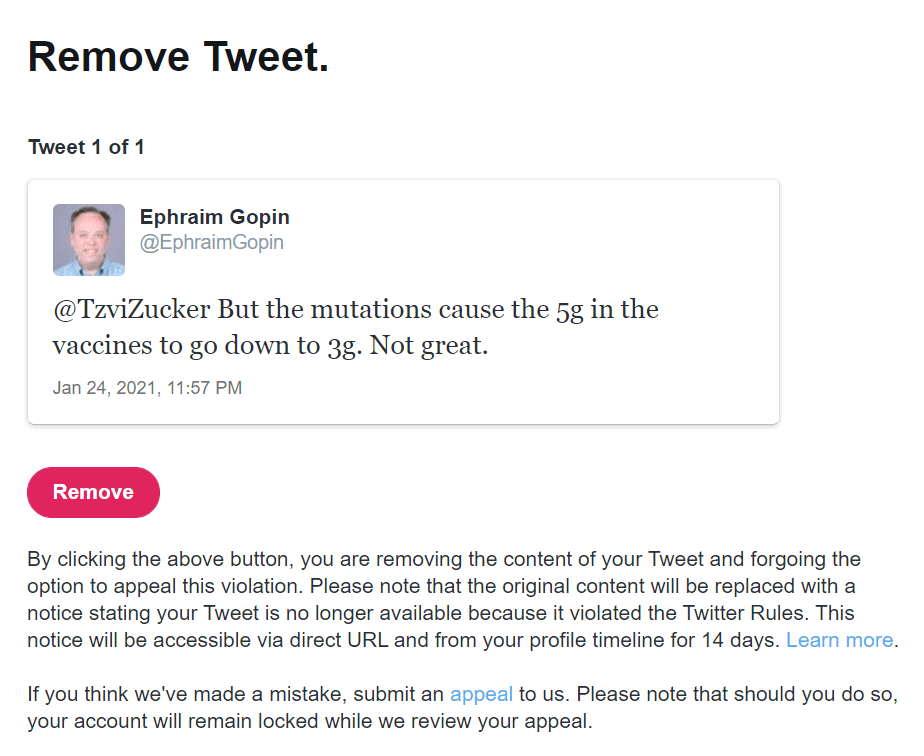
I could appeal again (and be denied again) or I could just delete the tweet and move on with life. Which is what I did. I was back in my fun zone.
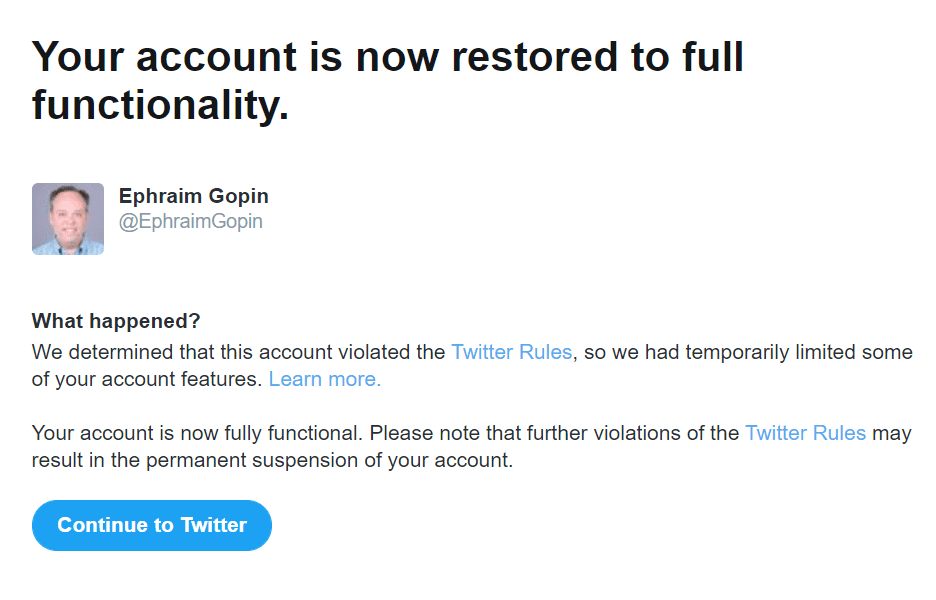
Side note: Turns out, the day before I was let out of Twitter jail was my 10th Twitterversary. One full decade on the platform and I couldn’t even celebrate properly.
Now that I’ve been through this process, two things have changed:
- I’m a little more wary of what I tweet. Now I can’t be sure of what is and what won’t be flagged. Little more wary does not equal stopping to be snarky or sarcastic.
- Every time I see a tweet that for sure crosses the line, I wonder why that tweet hasn’t been flagged. It’s annoying.
With all that said, I went through the appeals process because I’m a big believer in #AlwaysBeLearning. Now that I’m done, let me share with you some lessons that apply to your digital strategy.
Lessons Learned From Twitter Jail
Your organization has a social media strategy, right? I’m hoping so. Part of that strategy are the guidelines. Those guidelines should include rules for what you post but also how you engage and what people can post at/to you.
Let me share with you some rules learned from what happened to me.
- Know your voice: People want to interact with the face behind the logo. That means that you should develop an online persona and voice. Whether it’s snarky like Wendy’s or friendly and fun like JetBlue, know who you are and who you aren’t. Which leads to this…
- Have clear guidelines as to what content you can and cannot post: A sarcastic tweet of mine was flagged. It didn’t cause an uproar. But if your organization posts content that gets people upset, you’re gonna hear about it from EVERYONE. So you need to set out in advance what types of posts are kosher and which are not. That can include which topics should be avoided at all costs. Which leads me to…
- Stay away from these: For my clients, my big three are: No sex, no religion, no politics. (Unless your nonprofit deals with issues related to any of those three. Then of course, post away!) Nothing good can come of posting about those topics unless you enjoy arguing with anyone and everyone on the Internet. Which leads to this…
- Have clear guidelines about what is and isn’t allowed in the comments section: I used to manage a Facebook page that had millions of Likes. I know what online abuse looks and sounds like. We had very clear rules about how to treat unruly commentors. We first gave them a warning and let them know their comment violated our standards and rules. If they commented again in a similar manner, they would be removed. Your guidelines should cover what is and isn’t acceptable behavior from those commenting on your posts.
- When you flag someone’s comment, quote from those guidelines so they know why their comment was flagged: Explain that your organization does not tolerate X. This is why it’s so important to have the guidelines written out and approved internally. Otherwise, the person in charge of your social media accounts is making decisions randomly. That angers people who don’t understand why they were flagged and called out but someone else’s comment wasn’t. Consistency is the name of the game.

Photo by Markus Winkler on Unsplash
Sarcasm Good, Robots Bad
The fact is that your organization has a human managing your accounts. So although a robot detected my sarcasm as a violation, you may not. You can understand the difference between snark and sarcasm and comments which violate the rules. Sometimes there’s a very fine line between the two but you’ll use common sense and best judgment. Which a robot doesn’t have.
In the meantime, I have more respect for humans who have to sift through thousands of posts daily and decide which do and which don’t violate the terms of service of platform X. It’s not all done by robots. And it’s not always easy to detect sarcasm and context.
Compose those guidelines. It’ll save your organization a lot of time, energy and unnecessary fights.
I help nonprofits build relationships and raise more funds so they can increase program offerings and assist more service recipients in their community. If your fundraising and marketing need an upgrade, let’s talk! Together we’ll ensure your marketing is helping and improving your fundraising efforts.
